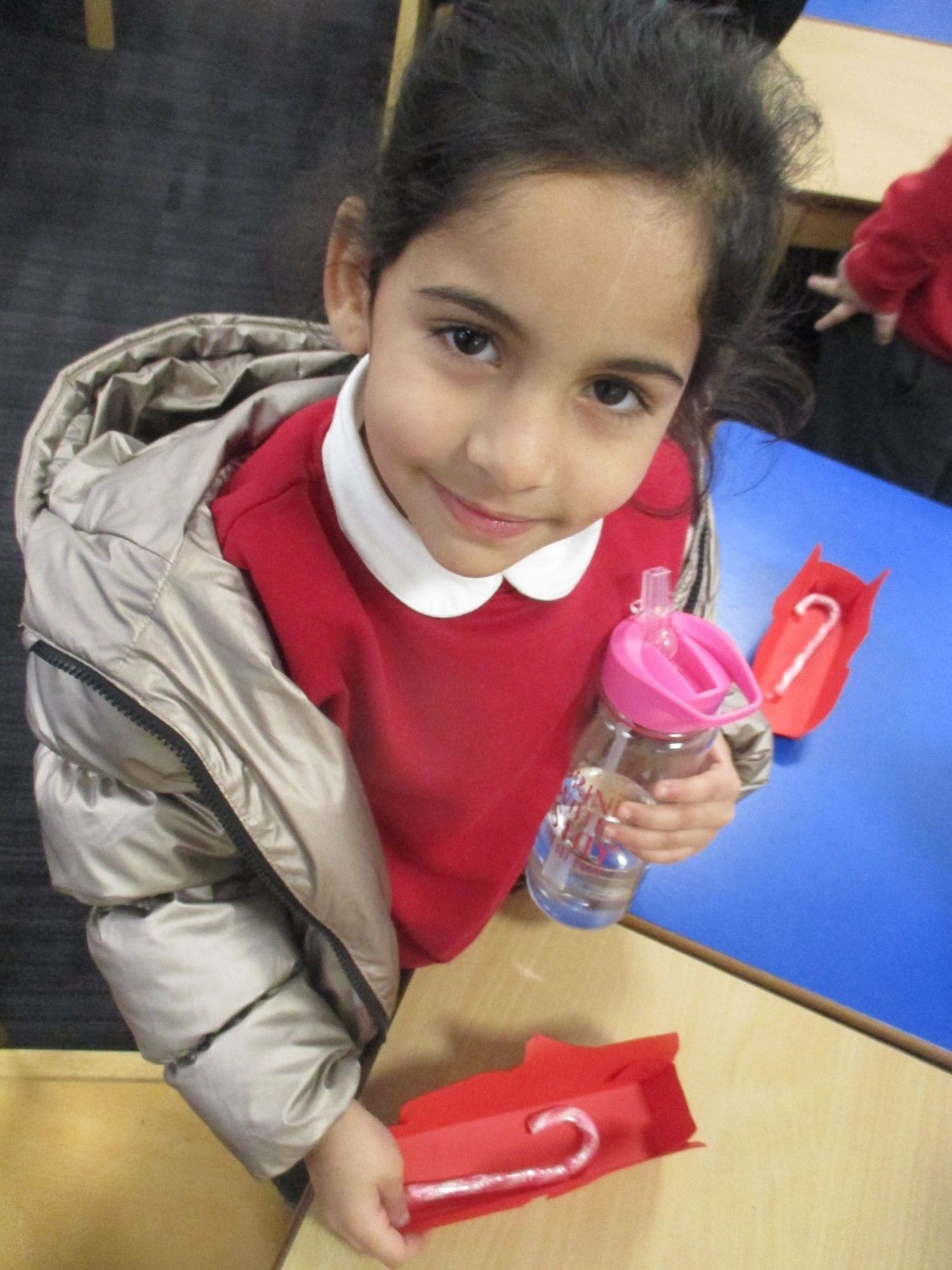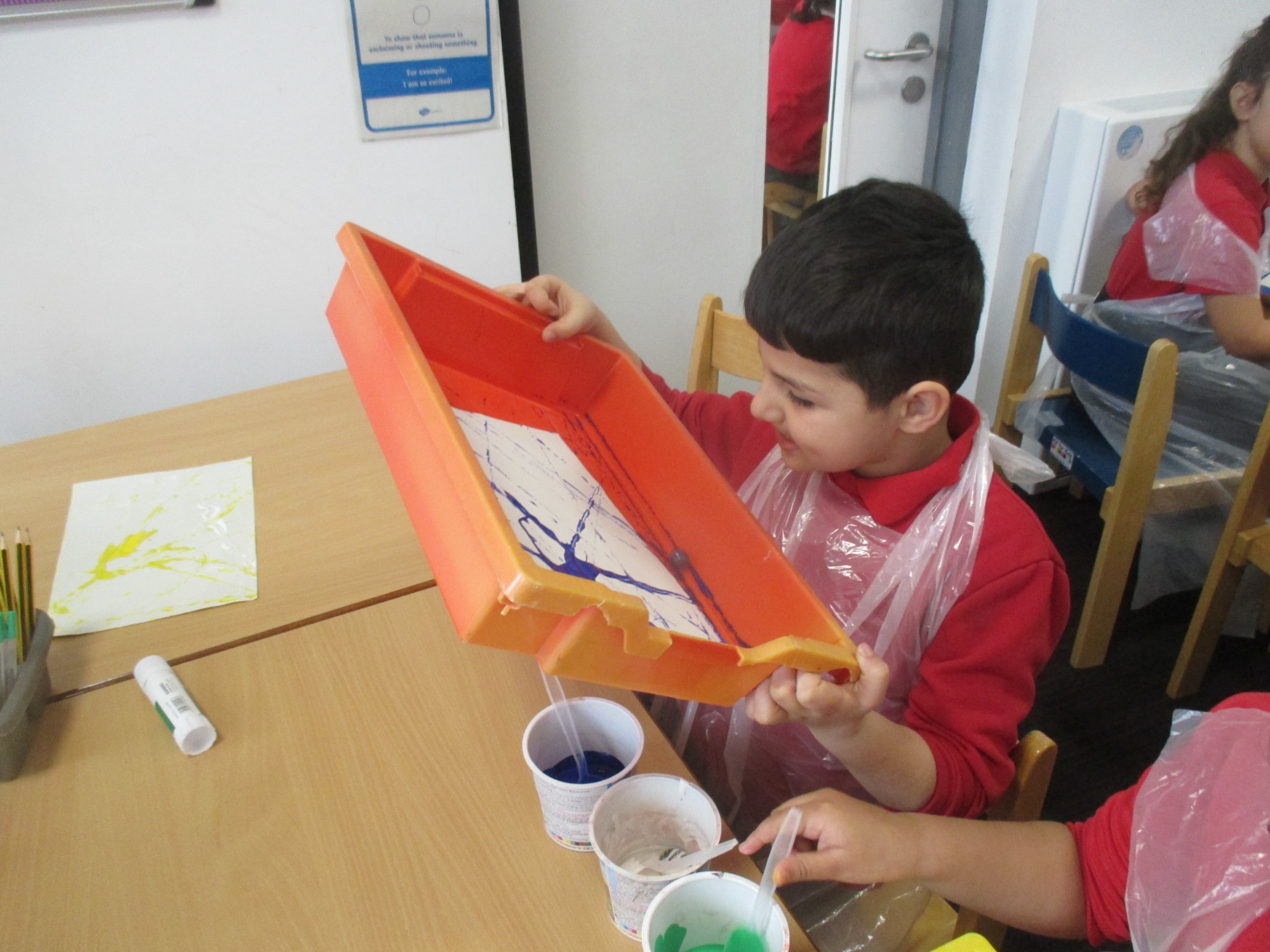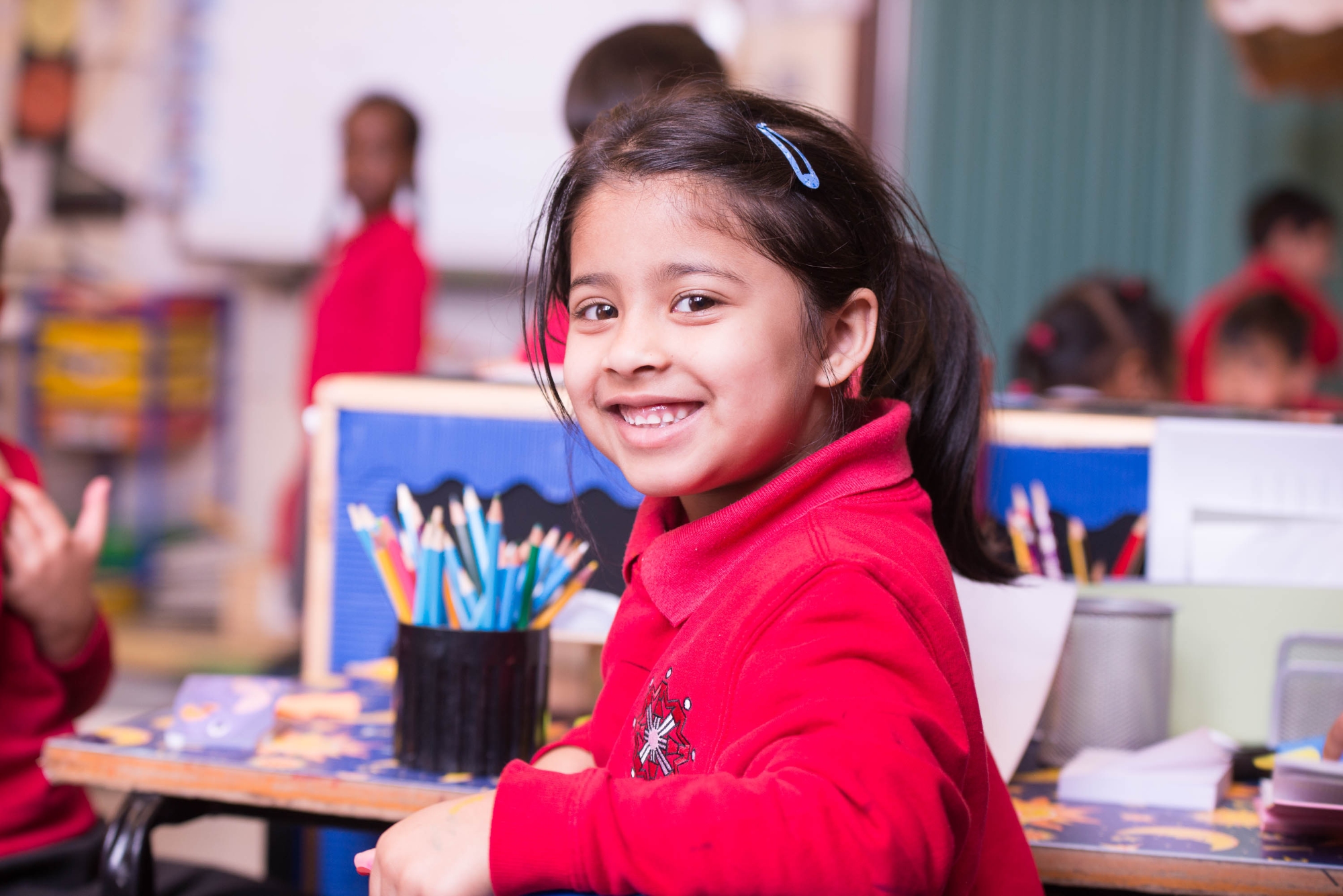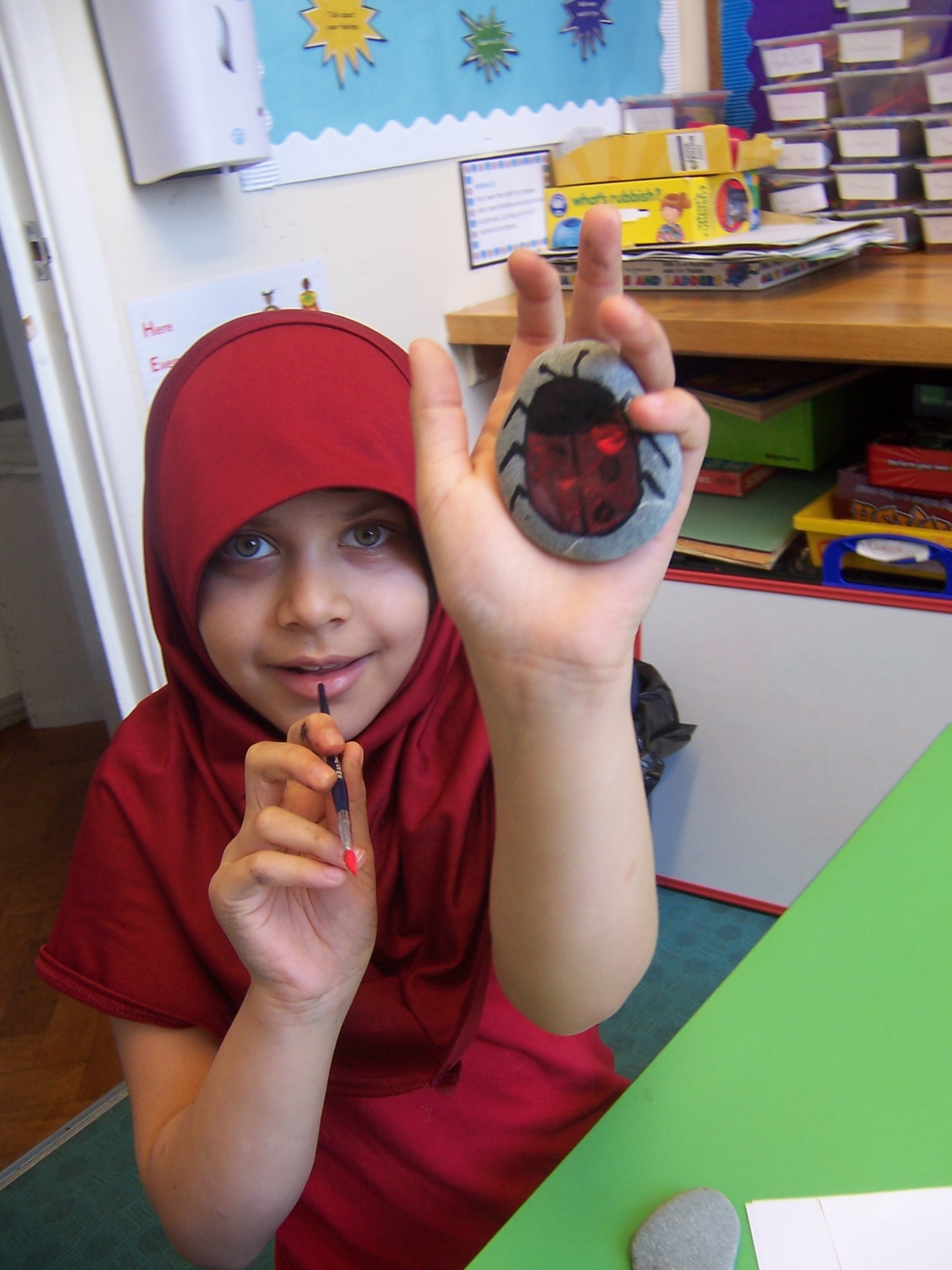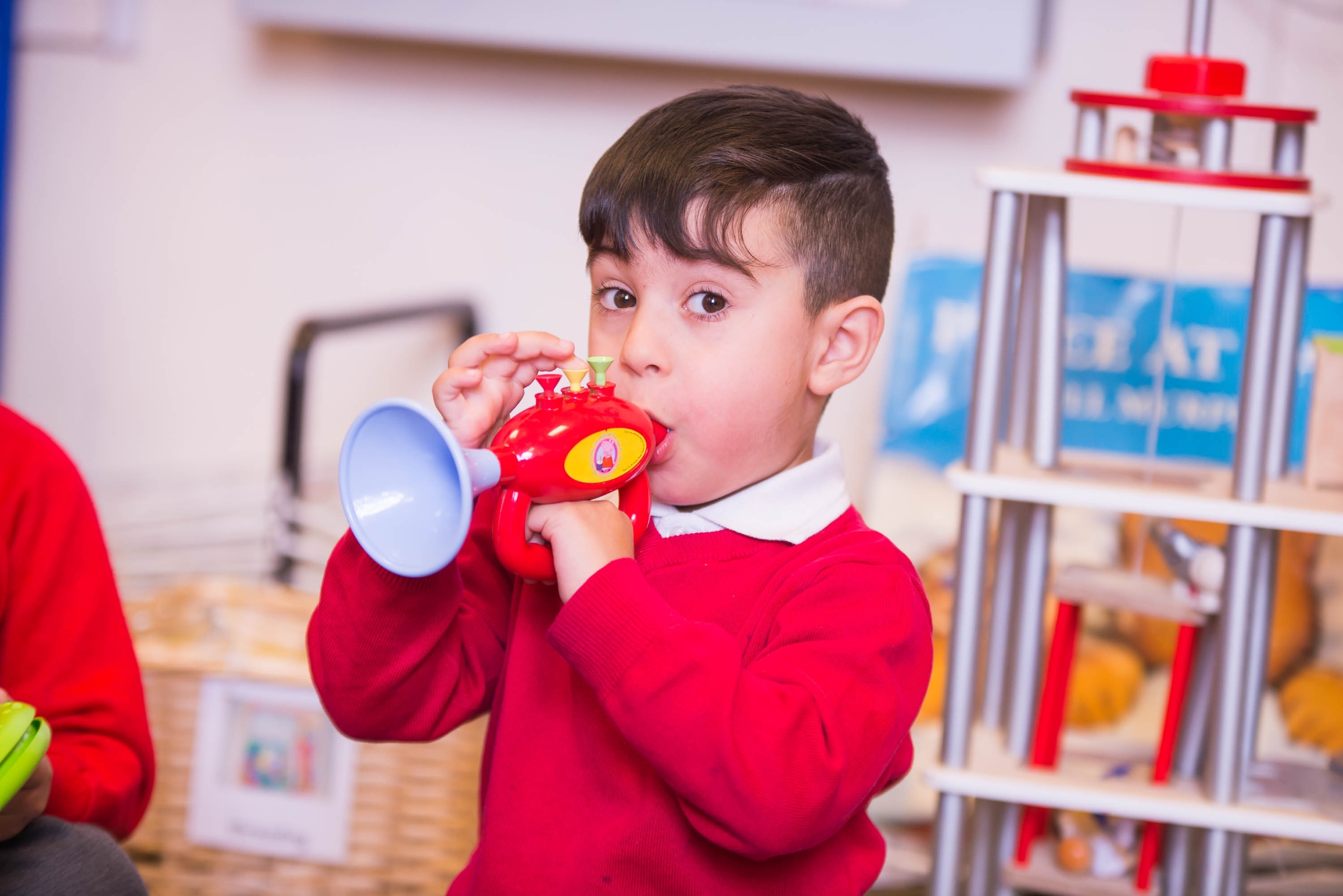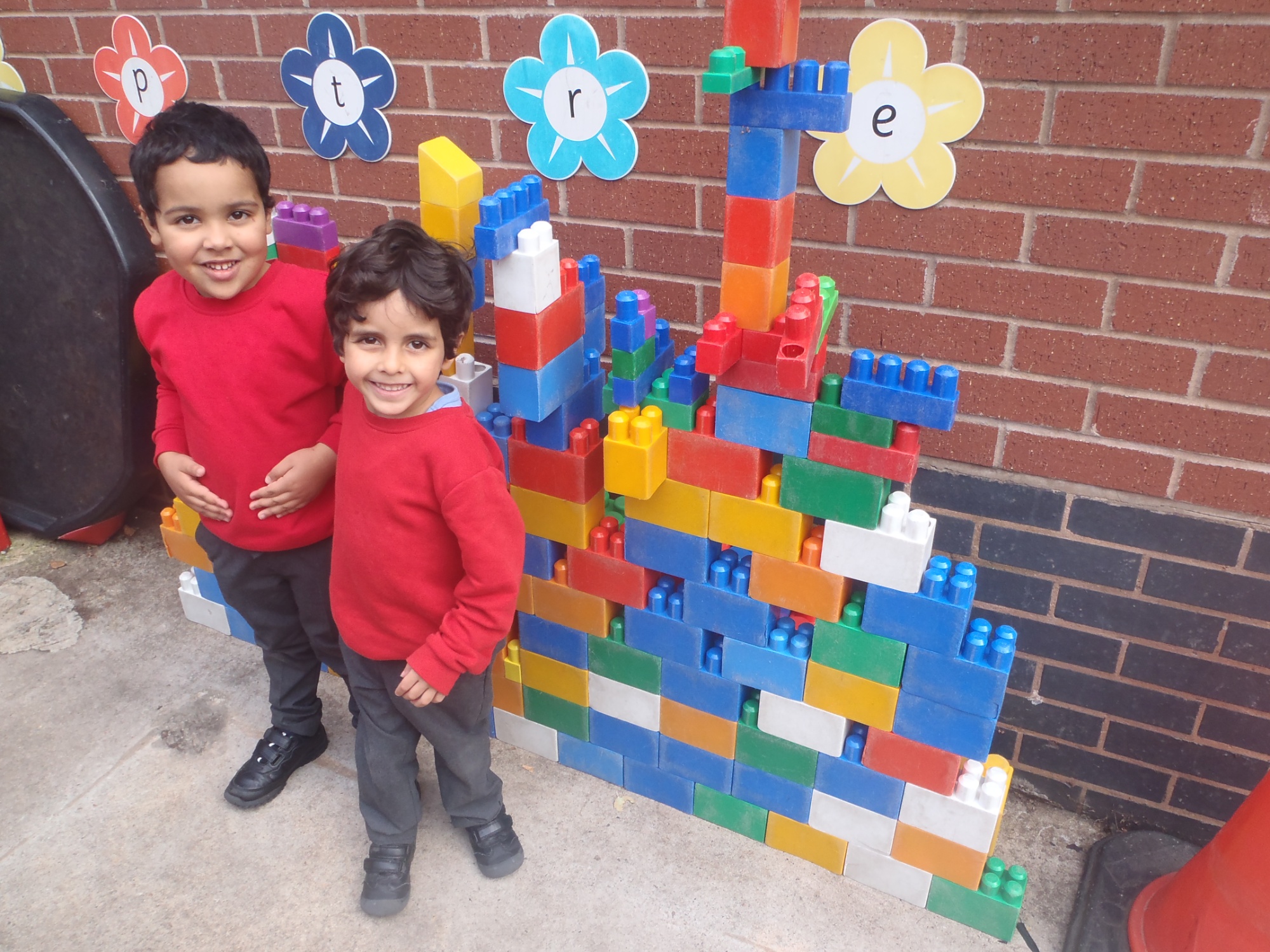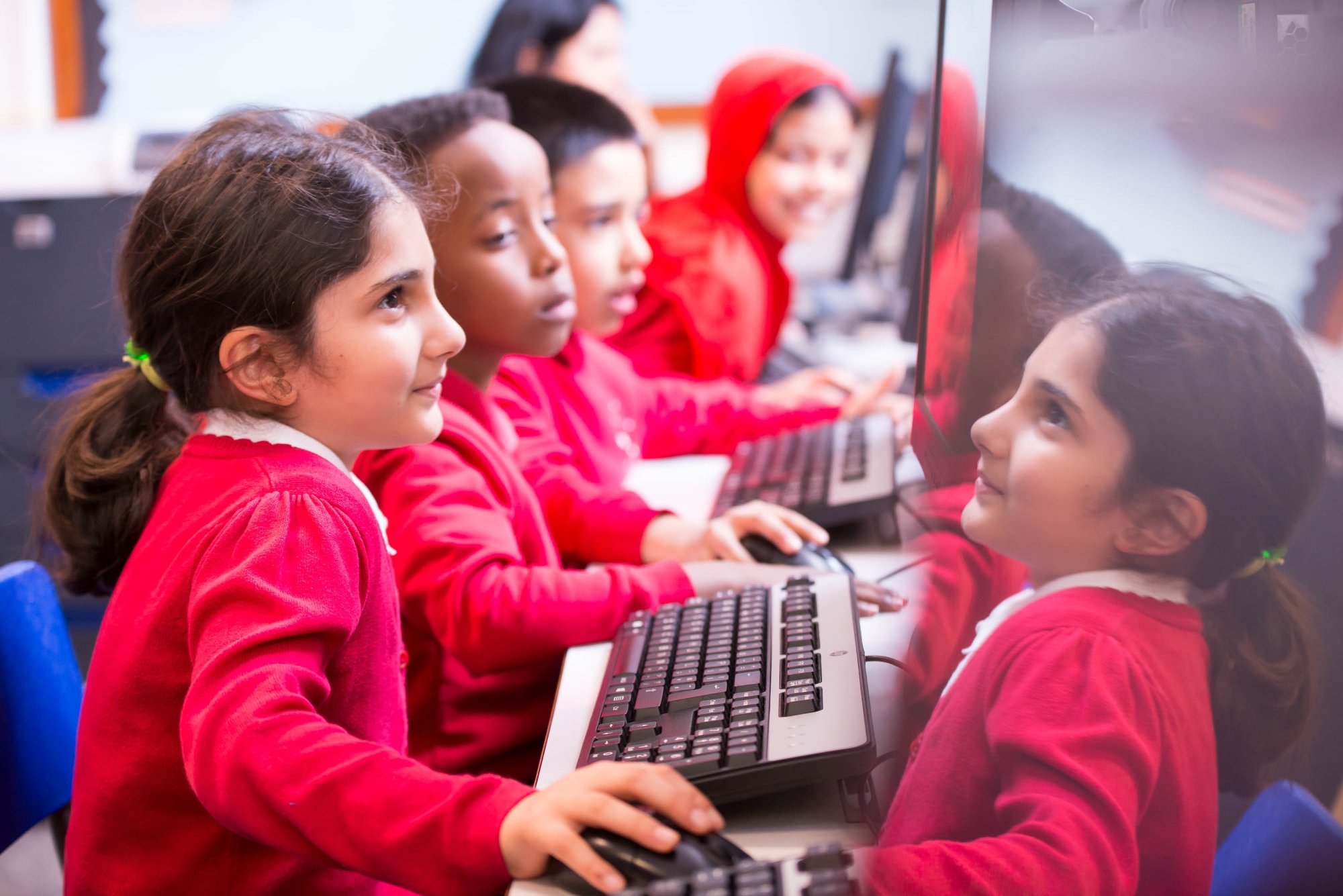History
Intention
What are we trying to achieve?
The starting point for our curriculum at St. Benedict’s Primary School is our children. Language and literacy are at the heart of our curriculum and is the basis from which all other subjects evolve. We therefore aim to develop the children’s historical knowledge and skills through a connected and language rich curriculum.
Our vision is for all pupils to be confident and competent historians. Our historians have an age-appropriate and growing understanding of historical aspects, they gain a knowledge and understanding of Britain’s past and that of the wider world, they ask perceptive questions, think critically, weigh evidence, sift arguments, and develop perspective and judgement.
Implementation
How do we organise this?
Our history projects are well sequenced to provide a coherent subject scheme that develops children’s historical knowledge, skills and subject disciplines. Key aspects and concepts, such as chronology, cause and effect, similarity and difference and significance and hierarchy, are revisited throughout all projects and are developed over time. All projects also develop historical skills based on evidence and historical enquiry.
The choice of historical periods follows the guidance set out in the national curriculum, with specific details relating to significant events and individuals chosen to present a rich and diverse account of British and world history.
Where there are opportunities for making meaningful connections with other projects, history projects are sequenced accordingly. For example, the project Dynamic Dynasties is taught alongside the art and design project Taotie to give children a better all-round understanding of ancient Chinese arts and culture. Educational visits bring our history projects to life and deepen children’s understanding.
Impact
How do we know it is successful?
Planning, evidence, teacher voice and pupil voice are monitored regularly. They are evaluated and reflected upon to ensure that there is progression in skills, knowledge and subject specific language across year groups and phases.
History Policy
History Curriculum Overview
History Progression
History Educational Visits
Knowledge Organisers
Year 1
Childhood
School Days
Year 2
Magnificent Monarchs
Movers and Shakers
Year 3
Emperors and Empires
Through the Ages
Year 4
Ancient Civilisations
Invasion
Year 5
Dynamic Dynasties
Groundbreaking Greeks
Year 6
Britain at War
Maafa


